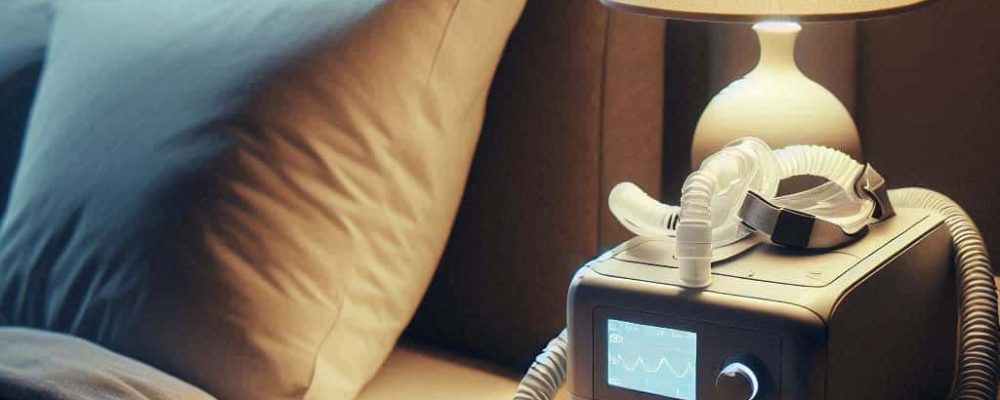Understanding Sleep Apnea – A Comprehensive Guide
Sleep apnea is a medical condition in which breathing repeatedly stops and starts during sleep. This disruption can lead to poor sleep quality, daytime fatigue, and serious health complications. There are three main types of sleep apnea: Obstructive Sleep Apnea (OSA), Central Sleep Apnea (CSA), and Complex Sleep Apnea Syndrome. Sleep apnea affects millions of people worldwide, with many cases going undiagnosed.
What Causes Sleep Apnea? Common Causes and Risk Factors
Several factors contribute to sleep apnea, including lifestyle and health-related causes, structural and genetic factors. Lifestyle and health-related causes include obesity, smoking and alcohol use, and sedative medications. Structural and genetic factors include narrow airway, large tonsils or adenoids, and neck circumference.
What Are the Symptoms of Sleep Apnea? Recognizing the Warning Signs
Many people with sleep apnea are unaware they have it. Common symptoms include nighttime symptoms such as loud snoring, gasping or choking during sleep, pauses in breathing, and restless sleep or frequent awakenings. Daytime symptoms include excessive daytime sleepiness, difficulty concentrating, morning headaches, and irritability and mood changes.
How is Sleep Apnea Diagnosed and What Are the Health Risks of Untreated Sleep Apnea?
If you suspect sleep apnea, a doctor may recommend a sleep study (polysomnography) or a home sleep apnea test (HSAT). Ignoring sleep apnea can lead to severe health issues, including cardiovascular problems, cognitive and mental health issues, and metabolic and other health risks.
What Are the Treatment Options for Sleep Apnea? Medical and Lifestyle Treatments
There are several approaches to treating sleep apnea, including lifestyle changes and medical treatments. Lifestyle changes include weight loss, sleeping on your side, and avoiding alcohol and sedatives. Medical treatments include continuous positive airway pressure (CPAP), oral appliances, and surgery.
FAQs
Can sleep apnea go away on its own?
Sleep apnea rarely resolves without treatment, but lifestyle changes may improve symptoms
Is sleep apnea dangerous?
Yes, untreated sleep apnea increases the risk of heart disease, stroke, and other serious health conditions.
How can I test myself for sleep apnea?
You can use a home sleep test or monitor symptoms like snoring and daytime sleepiness, but a professional diagnosis is recommended.
Can losing weight cure sleep apnea?
In some cases, weight loss significantly reduces or eliminates sleep apnea symptoms.
What happens if sleep apnea is left untreated?
Untreated sleep apnea can lead to high blood pressure, heart failure, cognitive decline, and a decreased quality of life.
Final Thoughts on Sleep Apnea
Understanding sleep apnea is crucial for managing symptoms and reducing health risks. If you suspect you have sleep apnea, consult a healthcare provider for evaluation and appropriate treatment options.
Read About: Understanding the risks of Acid Reflux while you sleep

